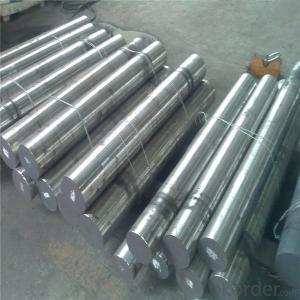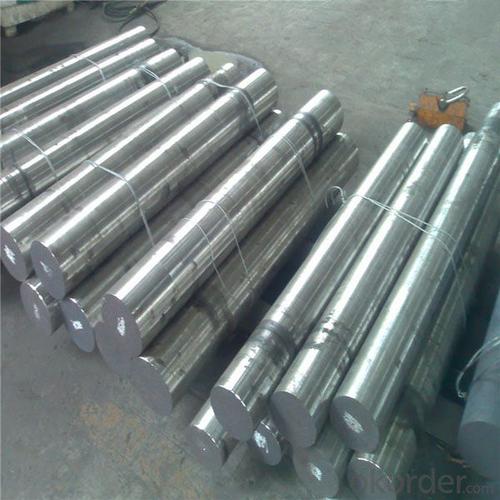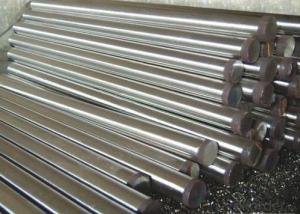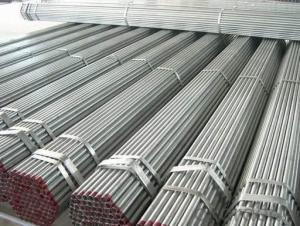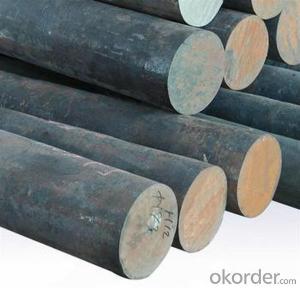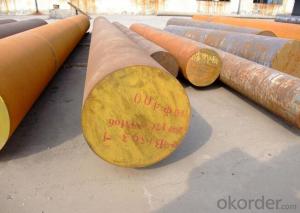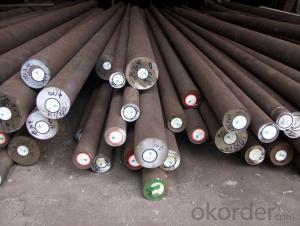Special Steel Din 34crmo4 Alloy Steel Round Bars
- Loading Port:
- China main port
- Payment Terms:
- TT OR LC
- Min Order Qty:
- 30 m.t.
- Supply Capability:
- 10000 m.t./month
OKorder Service Pledge
OKorder Financial Service
You Might Also Like
Specification
Product information:
Standard | ASTM DIN EN GB,etc. | ||||||||||
Grade | 4130 34crmo4 | ||||||||||
MOQ | 1 Metric Ton | ||||||||||
Diameter | 10-1220mm | ||||||||||
Length | 6m,9m or as required. | ||||||||||
Diameter Tolerance | Within the allowable range or as required. | ||||||||||
Condition of delivery | Hot rolled,Cold Rolled or as required. | ||||||||||
Product Show:
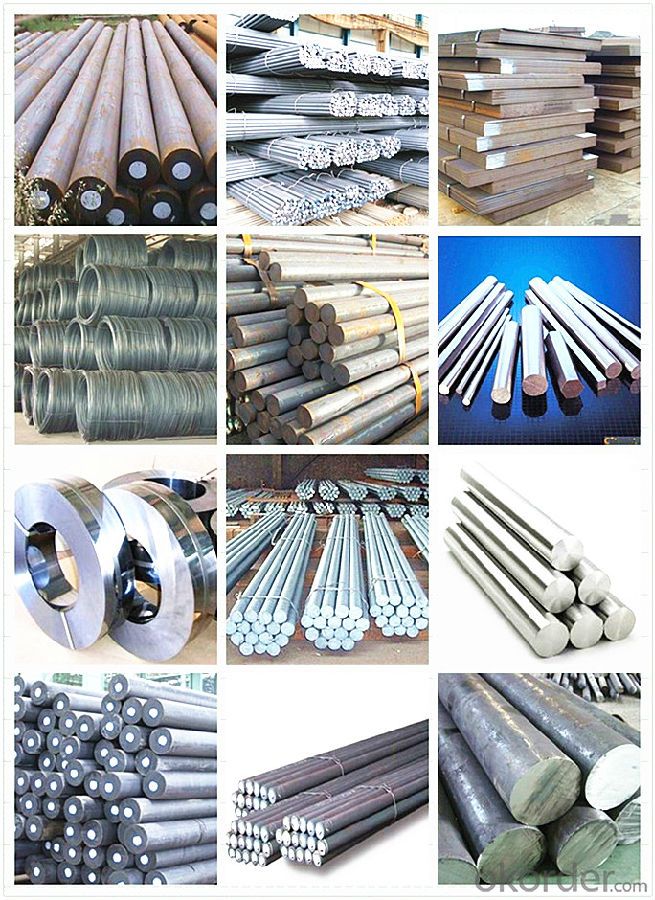
Workshop Show:
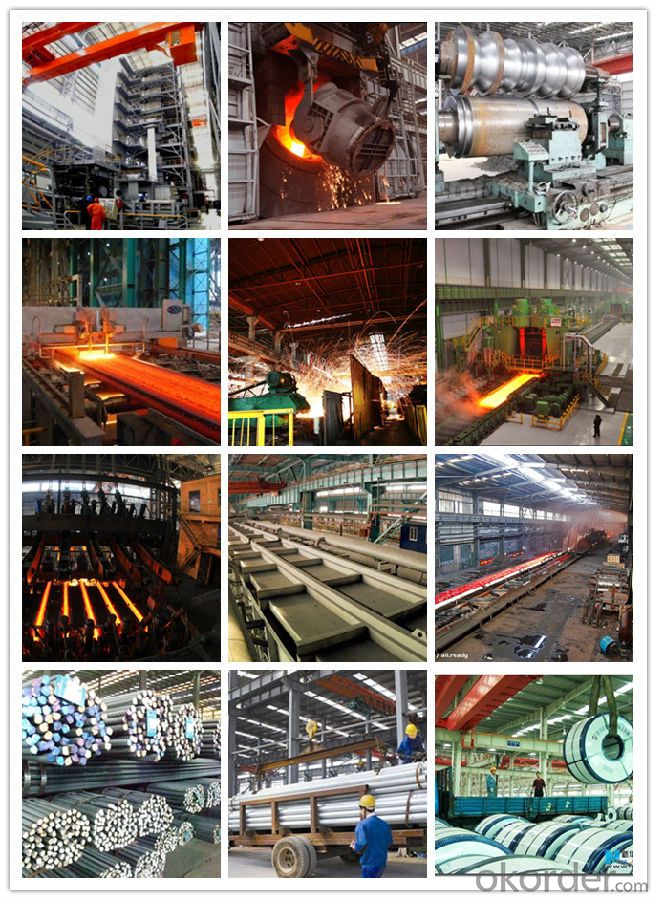
Shipping
1. FedEx/DHL/UPS/TNT for samples, Door-to-Door;
2. By Air or by Sea for batch goods, for FCL; Airport/ Port receiving;
3. Customers specifying freight forwarders or negotiable shipping methods!
Delivery Time: 3-7 days for samples; 5-25 days for batch goods.
Payment Terms
1.Payment: T/T, L/C, Western Union, MoneyGram,PayPal; 30% deposits; 70% balance before delivery.
2.MOQ: 1pcs
3.Warranty : 3 years
4.Package Informations: 1) EXPORT, In 20 feet (GW 25 ton) or 40 feet Container (GW 25 ton)
2)as customer's requirement
Why choose us?
(1) The leading exporter in China special steel industry.
(2) Large stocks for various sizes, fast delivery date.
(3) Good business relationship with China famous factories.
(4) More than 7 years steel exporting experience.
(5) Good after-sales service guarantee.
- Q: How does special steel perform in high-pressure environments?
- Special steel performs exceptionally well in high-pressure environments due to its superior strength, durability, and resistance to corrosion. Its unique composition and advanced manufacturing processes enable it to withstand extreme pressures, preventing deformation and maintaining structural integrity. Additionally, special steel's high tensile strength allows it to handle the immense stress and pressure without compromising its performance or safety.
- Q: How does special steel contribute to the renewable energy industry?
- Special steel contributes to the renewable energy industry by providing durable and high-performance materials for various applications. It is used in the construction of wind turbines, solar panels, and hydroelectric power plants, enhancing their efficiency and longevity. Special steel also plays a crucial role in the manufacturing of energy storage systems, such as batteries, ensuring their reliability and safety. Overall, special steel enables the renewable energy sector to achieve higher energy output, reduce carbon emissions, and accelerate the global transition to sustainable sources of power.
- Q: What are the different coating materials used for special steel?
- There are several different coating materials that are commonly used for special steel. Some of these include zinc, aluminum, nickel, and various types of polymer coatings. These coatings are applied to the steel to provide protection against corrosion, improve aesthetics, enhance wear resistance, or facilitate better adhesion for subsequent paint applications. The choice of coating material depends on the specific requirements and intended use of the special steel.
- Q: Can special steel be used for automotive engine components?
- Yes, special steel can be used for automotive engine components. Special steels, such as high-strength alloys or heat-resistant grades, are often utilized in critical engine parts like crankshafts, camshafts, connecting rods, valves, and pistons. These specialized steels offer enhanced strength, durability, and resistance to wear and high temperatures, ensuring reliable performance and longevity in demanding automotive engine applications.
- Q: How does special steel perform in marine applications?
- Special steel performs exceptionally well in marine applications due to its excellent corrosion resistance and high strength. The steel is specifically designed to withstand harsh marine environments, such as saltwater, which can cause corrosion and deterioration in other materials. Its resistance to corrosion ensures durability and longevity, making it an ideal choice for various marine components and structures, including ships, offshore platforms, and underwater equipment. Additionally, the high strength of special steel enhances the structural integrity and load-bearing capacity of marine applications, providing superior performance and safety in challenging conditions.
- Q: What are the physical properties of special steel?
- Special steel is a type of steel that possesses unique physical properties compared to regular steel. These properties may vary depending on the specific composition and processing techniques used. However, some common physical properties of special steel include high strength, hardness, and durability. Special steel is often designed to withstand extreme conditions such as high temperatures, pressure, and corrosive environments. It may also exhibit excellent wear resistance, making it suitable for applications involving heavy machinery or cutting tools. Furthermore, special steel can have superior electrical and thermal conductivity, as well as good magnetic properties. Overall, the physical properties of special steel make it highly versatile and valuable in various industries such as automotive, aerospace, construction, and energy.
- Q: Can special steel be used in the computer manufacturing industry?
- Yes, special steel can be used in the computer manufacturing industry. It is often used for making computer casings, hard drive components, and other structural parts due to its high strength, durability, and resistance to corrosion.
- Q: Can special steel be machined easily?
- No, special steel is generally not easy to machine due to its higher hardness and strength compared to regular steel.
- Q: What are the future trends and innovations expected in special steel production?
- In the future, we can expect several trends and innovations in special steel production. One of the key trends is the development of advanced alloys with improved strength, corrosion resistance, and heat resistance properties. These alloys will be tailored to meet the specific requirements of industries such as automotive, aerospace, and energy. Another trend is the adoption of advanced manufacturing techniques, including additive manufacturing or 3D printing. This technology enables the production of complex geometries and customized components, leading to increased efficiency and reduced material waste. Furthermore, the integration of digital technologies and data analytics will play a significant role in optimizing production processes and improving quality control. Predictive maintenance systems, real-time monitoring, and artificial intelligence-based algorithms will enhance productivity and reduce downtime. Sustainability and environmental concerns will also shape the future of special steel production. There will be a focus on developing greener processes, such as using renewable energy sources and reducing carbon emissions. Additionally, the recycling and reusing of steel will be emphasized to minimize waste and conserve resources. Overall, the future of special steel production will be marked by advanced alloys, additive manufacturing, digitalization, sustainability, and a continued commitment to meeting the evolving needs of various industries.
- Q: Can special steel be used in the manufacturing of precision instruments?
- Yes, special steel can be used in the manufacturing of precision instruments. Special steel possesses high strength, durability, and resistance to corrosion, making it suitable for producing components of precision instruments that require high precision and accuracy. Additionally, special steel can be customized to meet specific requirements such as hardness, conductivity, and magnetic properties, further enhancing its suitability for manufacturing precision instruments.
Send your message to us
Special Steel Din 34crmo4 Alloy Steel Round Bars
- Loading Port:
- China main port
- Payment Terms:
- TT OR LC
- Min Order Qty:
- 30 m.t.
- Supply Capability:
- 10000 m.t./month
OKorder Service Pledge
OKorder Financial Service
Similar products
Hot products
Hot Searches
Related keywords
